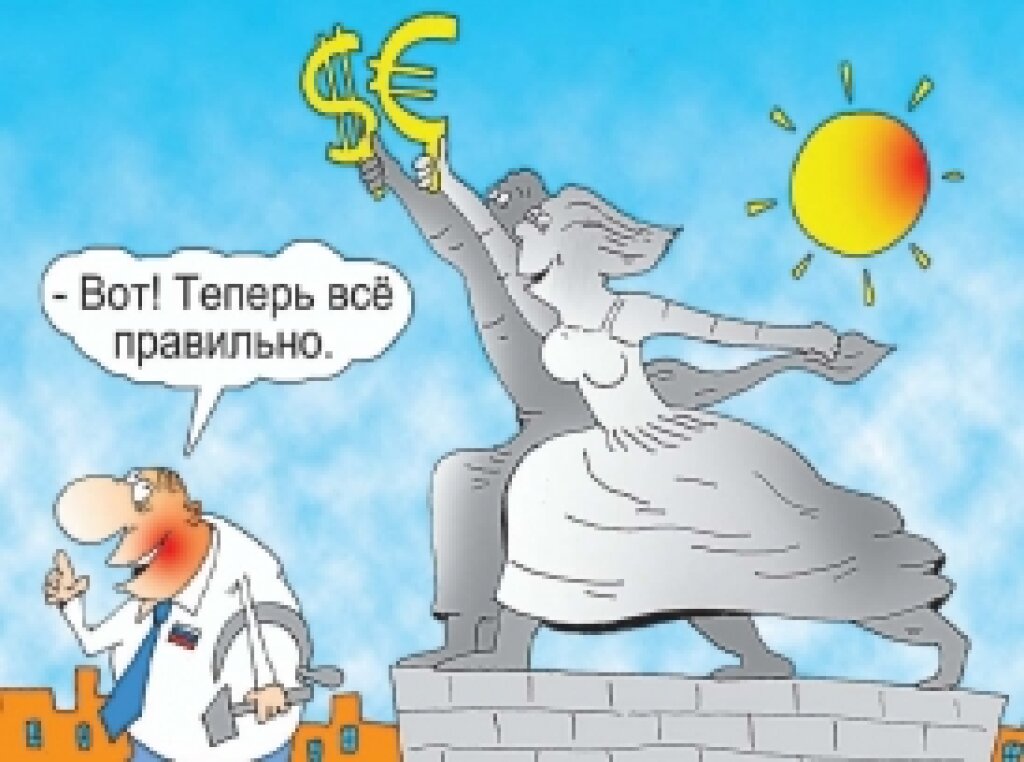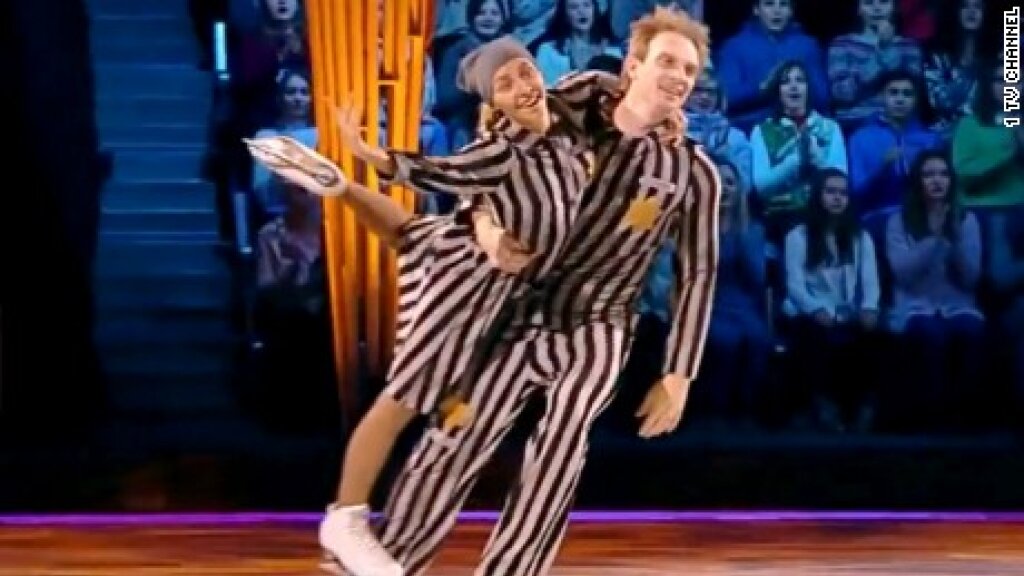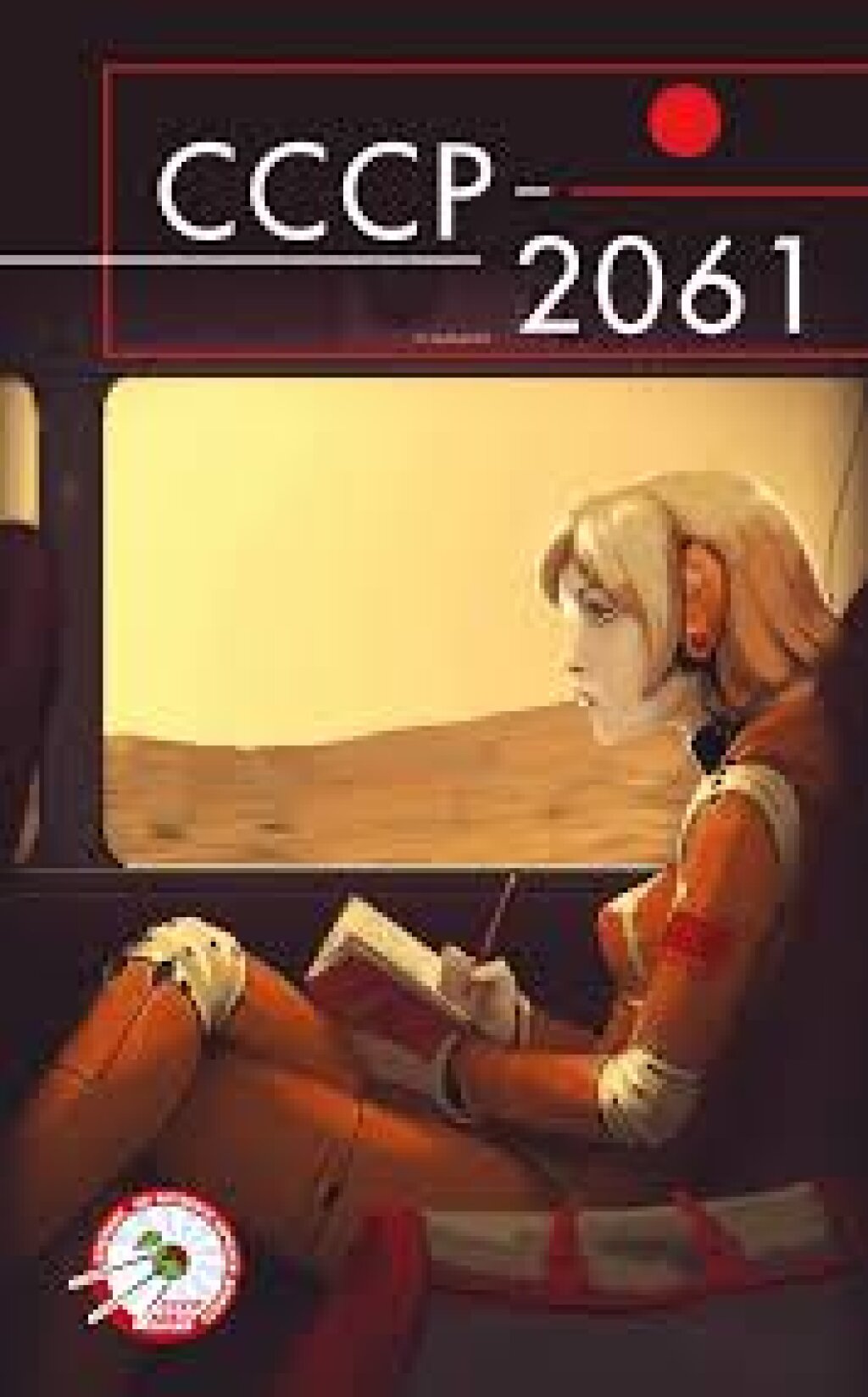This post is part of Chapter 2 of Russia’s Alien Nations: The Secret Identities of Post-Socialism, an ongoing feature on All the Russias. It can also be found at russiasaliennations.org. You can also find all the previous entries here.
A recurring refrain of the 1990s was that criminal organizations and the newly-minted oligarchs (to the extent that this distinction even meant something to people at the time) needed be brought in line. Someone with a “firm hand” needed to put an end to bespredel, the boundary-less, terrifying chaos that allowed rich men and thugs to commit crimes with impunity. A weak central government run by an erratic, drunken president (Yeltsin) gave way to a new administration under Vladimir Vladimirovich Putin. Over the first few years of the 2000s, Putin strongly centralized state authority (appointing governors rather than letting them be elected), allowed the development of a low-level personality cult focused on himself, and brought the oligarchs to heel. The message to the super-rich was clear: if you want to keep your wealth and your freedom, you must recognize that you are subordinate, rather than superior to, the state. Meanwhile, oil prices and general prosperity began to rise as crime began to fall. [More details to follow in the revised manuscript of this book.]
The New Russian was a fixture of an era when the state barely seemed relevant, and when money meant more than state power. The point I am making has less to do with how much actually changed in the 2000s than in the mood fostered by the media and entertainment industry. The culture had little room for the New Russian as anything more than a figure of fun, which meant that new models of wealth and power would inevitably arise.
On a discursive level, the decline of the New Russian and the resurgence of state power recapitulate a surprising Soviet pattern: the personal trajectory of the socialist realist hero. As Katerina Clark famously demonstrated, the hero of socialist realism operated according to the dialectic of spontaneity and consciousness. Initially, the hero’s strength is connected to his relative lack of attachment to the sometimes bureaucratic structures of the Party and the factory; he brought the very initiative (spontaneity) that the inertia of these structures discouraged. However, in the course of the story, the hero would manage to do two things: successfully accomplish the task that the forces of consciousness/inertia thought impractical while recognizing the necessity of subordinating (or at least incorporating) himself to the wisdom of the very organization that had discouraged him.
As the New Russian, the wealthy Russian recognized few strictures on his behavior, let alone a moral framework within which he must operate. Reborn as simply the rich Russian, he now functioned within the framework of the state, allegedly for the good of the state (or at least, not against it).
For the State, this scenario presents one problem: if the New Russians/oligarchs are not responsible when things go bad, who is?
Next: Loving the Leviathan



